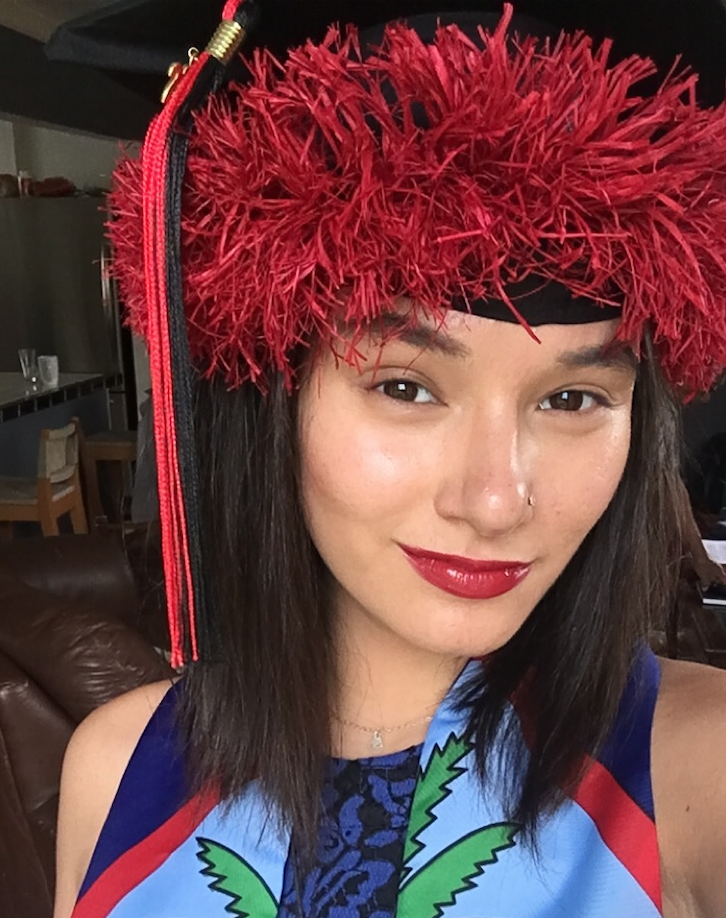“Regardless of what’s happened to me and what I’ve gone through, I’m still Leilani. Yes, this experience has changed me, but the core of who I am is there.”
Leilani is an Indigenous CHamoru* and Kānaka Maoli woman from Guam, an activist, a life-long writer, and a survivor of sexual violence.
She was sexually assaulted on her second day of college by her dorm neighbor. At first she did not feel comfortable thinking of what happened to her as sexual assault and felt obligated to maintain a relationship with the person who had done this to her; the sexual violence continued in the form of an abusive relationship over the course of the next year.
“He was my dormitory neighbor. I couldn’t get away from him. No one would listen to me when I told them what was happening. I was horrified.” Though she was able to leave the abusive relationship, the perpetrator stalked her for the next two years.
Leilani hadn’t reported what happened up to that point because she didn't feel she could acknowledge that it was an abusive relationship. “I had a hard time feeling anger on my own behalf. But when a friend told me about something similar that happened to her, I felt angry for her, which helped me realize how upsetting what happened to me was, too. I knew I needed to start speaking out. And when I did, being able to talk about what happened helped me start to feel whole again.”
She chose to begin her journey of speaking out by reporting the abuse to the school. At the time, she was working in the community safety department on campus, so the person she was supposed to report the abuse to was her boss. “He ignored a lot of my questions about the reporting process and made me feel like I was hysterical and crazy.” After a first investigation into the case, the Title IX process took another two years. “I lost my entire time at college to these procedures.”
Even though she provided witnesses and photos for evidence, campus administration repeatedly told her that they did not believe her. “After two years of being told that I made this all up, it became difficult to continue to believe in myself. I began to feel like maybe it was all my fault.” Leilani felt alone and that she couldn’t trust people in her life anymore. “I started lashing out at friends and family who were trying to help me. I feel terrible about that.”
Because of the abuse and the prolonged, difficult reporting process, Leilani experienced PTSD, depression, anxiety, constant fear, and panic attacks. She has found it healing to surround herself with a community of other Indigenous women who supported her and helped her contextualize what she was feeling within the history of sexual violence toward Indigenous women. Leilani says that she would not have been able to get through what happened without reconnecting with her identity as an Indigenous woman.